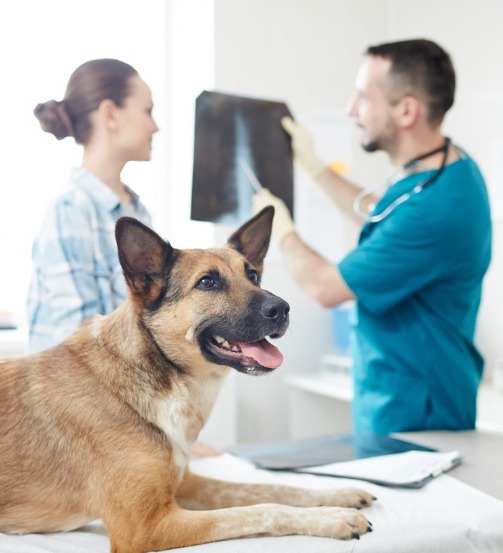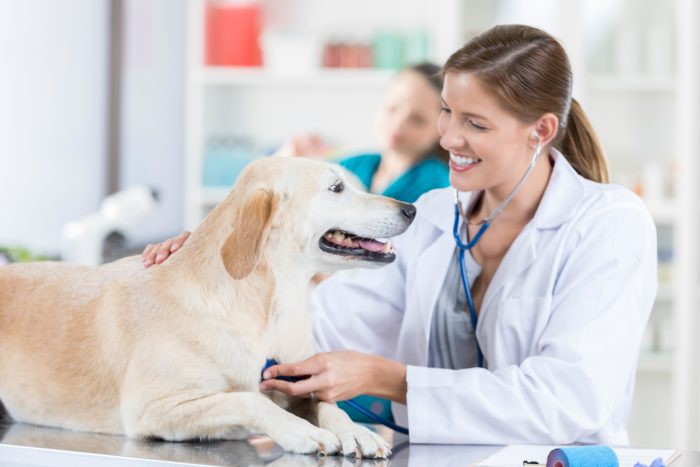Know How Animal Hospitals In West Union SC Help In Protecting Both Pets And Owners From Zoonotic Diseases
Zoonotic diseases are infectious diseases that can be transmitted between animals and humans. They pose a serious risk to both pets and their owners. Veterinary hospitals play a crucial role in preventing and managing these diseases by implementing comprehensive strategies and protocols. They set strict hygiene practices, offer preventive care, promote education, and collaborate with public health agencies to ensure a safe and healthy environment for all. This article seeks to establish how animal hospitals in West Union SC actively participate in protecting both pets and owners from zoonotic pathogens.
Stringent Hygiene Practices
We always prioritize stringent hygiene practices to minimize the transmission of zoonotic diseases. Our veterinarians and entire staff adhere to rigorous cleaning and disinfection protocols to maintain a clean and sanitized environment. Our examination rooms, surgical suites, and equipment are regularly cleaned and disinfected using appropriate veterinary-grade disinfectants. Also, we implement proper waste management procedures to prevent the spread of infectious agents. Our veterinarians, veterinary technicians, and staff members are trained in proper handwashing techniques and encouraged to practice frequent hand sanitization. These hygiene practices create a safe environment for pets, owners, and veterinary staff, reducing the risk of zoonotic disease transmission.
Preventive Care Measures
Ideal veterinary practice emphasizes the importance of preventive care to protect both pets and owners from zoonotic diseases. Vaccinations play a vital role in preventing the transmission of certain zoonotic pathogens. We are here to ensure that pets receive up-to-date vaccinations against diseases such as rabies, leptospirosis, and certain strains of influenza. These vaccinations not only safeguard pets’ health but also help prevent the potential transmission of zoonotic pathogens to humans. Parasite control is another key aspect of preventive care in our animal clinics that helps in minimizing the risk of diseases transmitted by parasites.
Education and Awareness
Veterinarians play a crucial role in educating pet owners about zoonotic pathogens, disease transmission and prevention. They provide educational materials, conduct seminars, and offer one-on-one discussions to raise awareness about the risks and preventive measures associated with the diseases. Pet owners receive guidance on proper hygiene practices, such as handwashing after handling pets, especially reptiles, rodents, or exotic animals that may carry zoonotic pathogens. We educate pet owners about the importance of proper disposal of animal waste. We also emphasize on the risks associated with certain behaviors, such as allowing pets to lick their faces or sharing food.
Collaboration with Public Health Agencies
We collaborate closely with public health agencies to monitor and manage zoonotic diseases. Our veterinarians in West Union, SC report cases of suspected or confirmed zoonotic infections to relevant authorities to enable prompt investigation and preventive measures. Also, we work in conjunction with public health agencies to identify emerging zoonotic infections or outbreaks and implement appropriate control measures. We deploy our team to participate in surveillance programs to track the prevalence and spread of the diseases to enhance early detection and containment.




